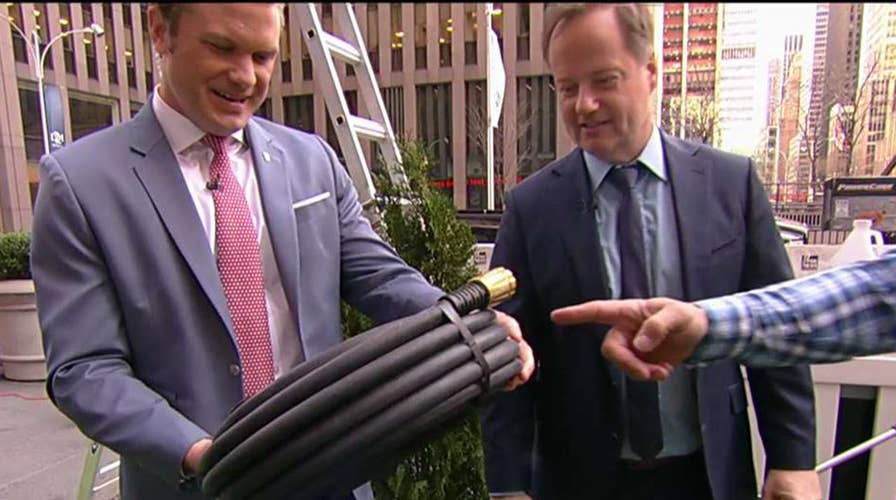Gadgets and gear to make spring cleaning easier
'Catch a Contractor' host Skip Bedell shares tips and tricks for spring cleaning.
If you're in the process of tidying up and organizing your home, you'll probably come across some items you want to get rid of, but you're not quite sure how to do so. Here's a look at how to dispose of some of those hard-to-get-rid-of items.
Mattress and Box Springs
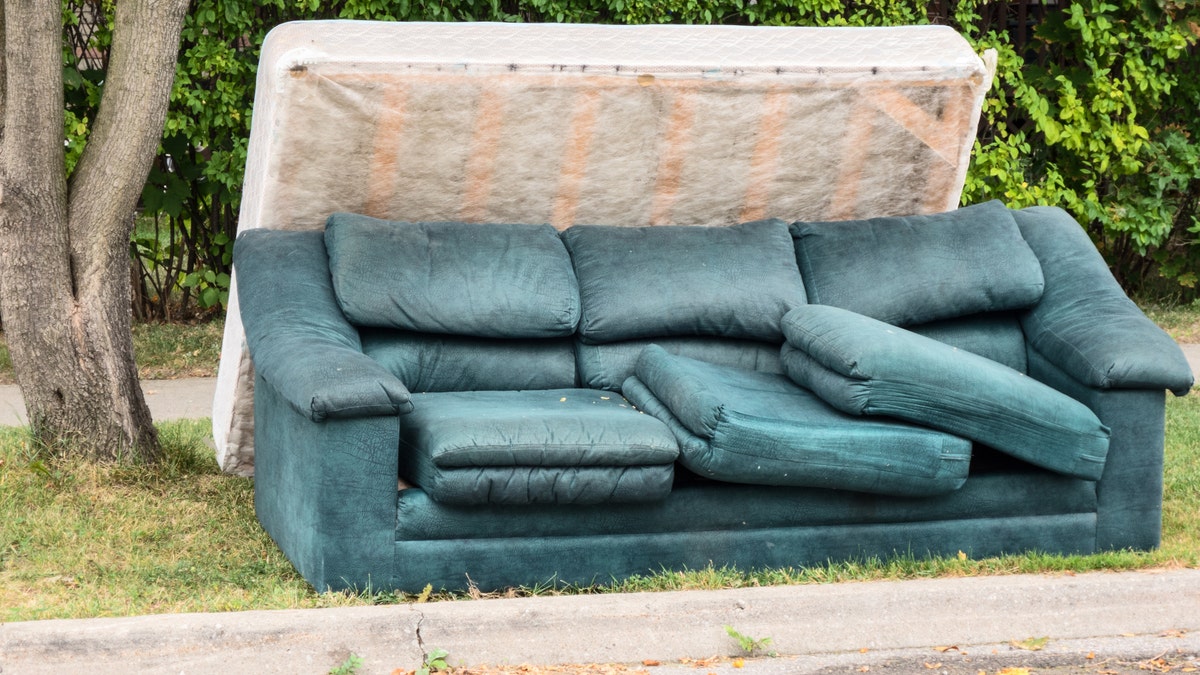
You can check with your local recycling center or garbage disposal service to see what their rules are with old mattresses and box springs. (iStock)
If you have an old mattress and box springs in good condition, consider selling it or giving it away for free on a website such as Freecycle Network, Nextdoor or craiglist. If you purchased a new mattress, see if the store will take your old mattress for recycling. You can also check with your local recycling center or garbage disposal service to see what their rules are with old mattresses and box springs.
Cleaning Products
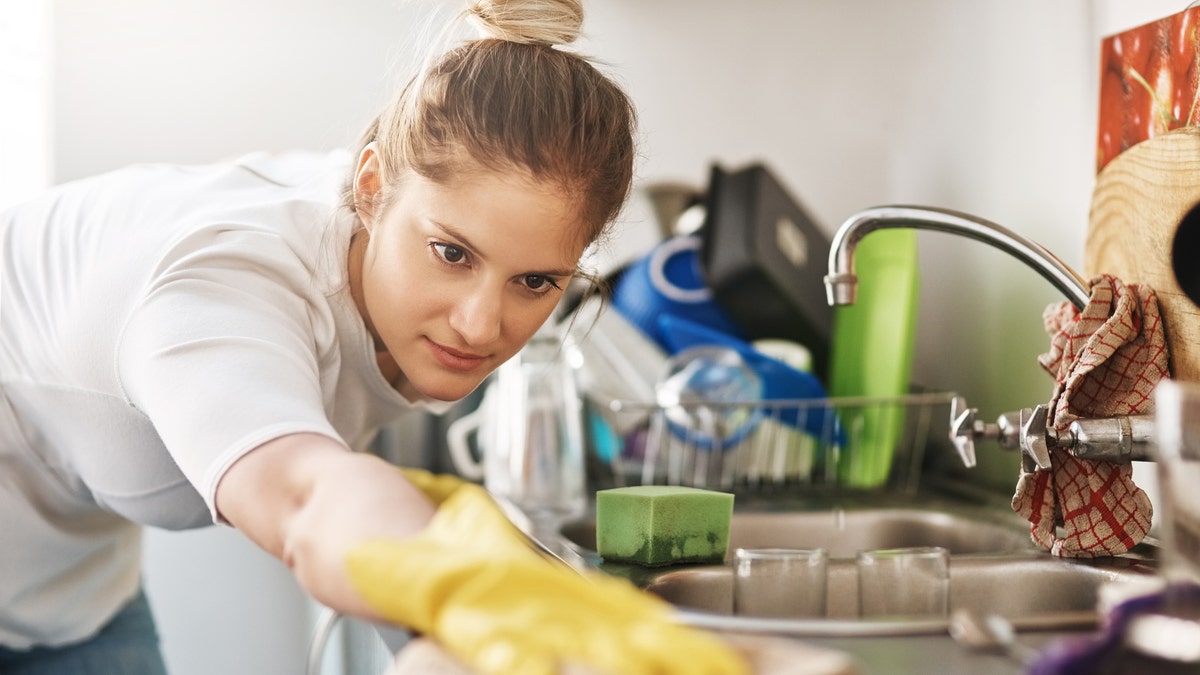
When it comes to getting rid of household cleaners, follow label directions - or check with your local waste disposal facility if you’re unsure about a certain product. (iStock)
When it comes to getting rid of household cleaners, follow label directions. If there are no directions, here’s a rule of thumb, according to the EPA: If it’s a product that you mix with water, it can be disposed of down the drain with running water. Solid products, such as scouring pads, can be thrown out in the trash. For products such as oven cleaners and furniture polish, call the toll-free number on the label and ask. You can also check with your local waste disposal facility if you’re unsure about a certain product.
Batteries
Battery maker Duracell notes that if you live in an area with a recycling or collection program, contact them about their rules for battery recycling. Never dispose of large numbers of batteries at one time, and don't mix batteries with other recyclable items.
Medications
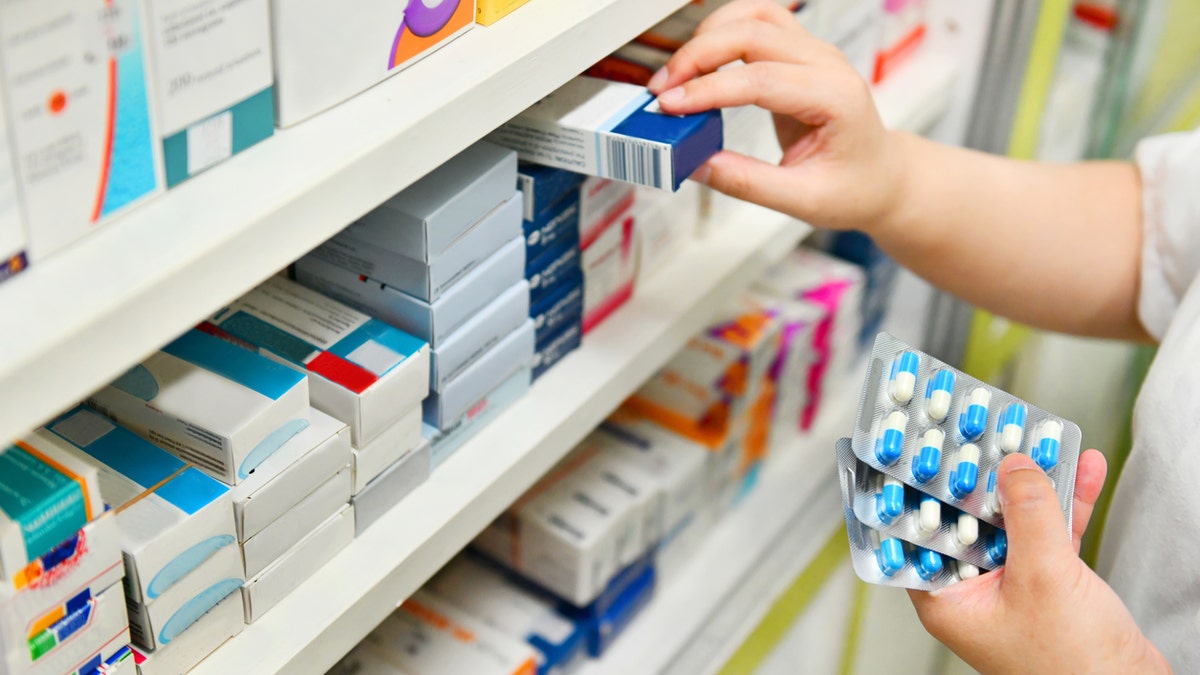
To get used of unwanted or unused medications, the FDA recommends looking for local disposal options. (iStock)
Never flush unused medications down the toilet. To get used of unwanted or unused medications, the FDA recommends looking for local disposal options. Many communities periodically offer take-back events that allow you to drop off medications that officials will safely dispose of. Some cities and pharmacies also have fixed drop-box locations. To find an authorized collector in your community, visit takebackday.dea.gov.
Eyeglasses
The World Health Organization says millions of people in low- and middle-income countries don't have access to basic health services, including eye care. If you have old eyeglasses to get rid of, contact your local Lions Club. They collect eyeglasses and get them to people around the world who need them. You'll likely be able to find a drop-off location not far from where you live.
Old Appliances
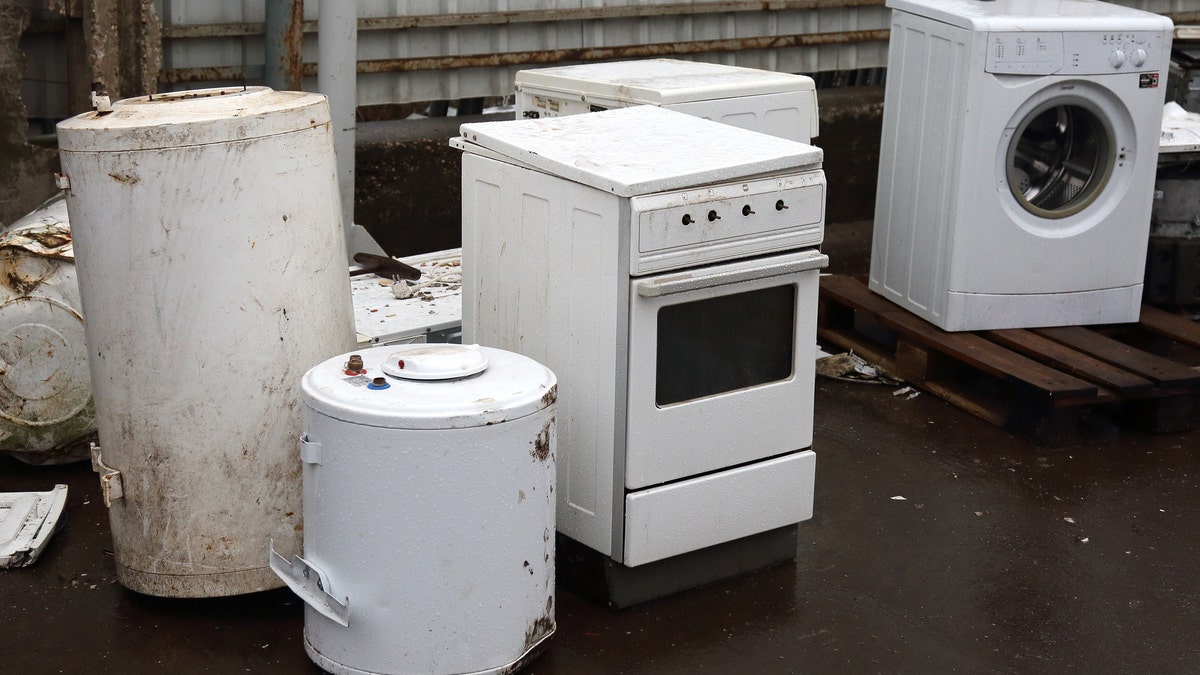
Many donation centers, such as Habitat for Humanity ReStores, will also take appliances that are in working condition. If they aren't in working condition, check with your waste hauler to see if they offer special pick-up services or if the appliances can be recycled curbside. (iStock)
If you're buying new appliances, see if the retailer will take your old ones to be recycled. Many donation centers, such as Habitat for Humanity ReStores, will also take appliances that are in working condition. If they aren't in working condition, check with your waste hauler to see if they offer special pick-up services or if the appliances can be recycled curbside.
Used Motor Oil
Used motor oil is illegal to throw in the trash! Take your used oil to an oil change facility that accepts it, or to a household waste recycling facility near you. Mobile says that whatever option you choose, it's always a good idea to call ahead first to make sure the facility is currently accepting used motor oil.
This story originally appeared in Family Handyman. Read more tricks for how to dispose of (almost) everything here.
